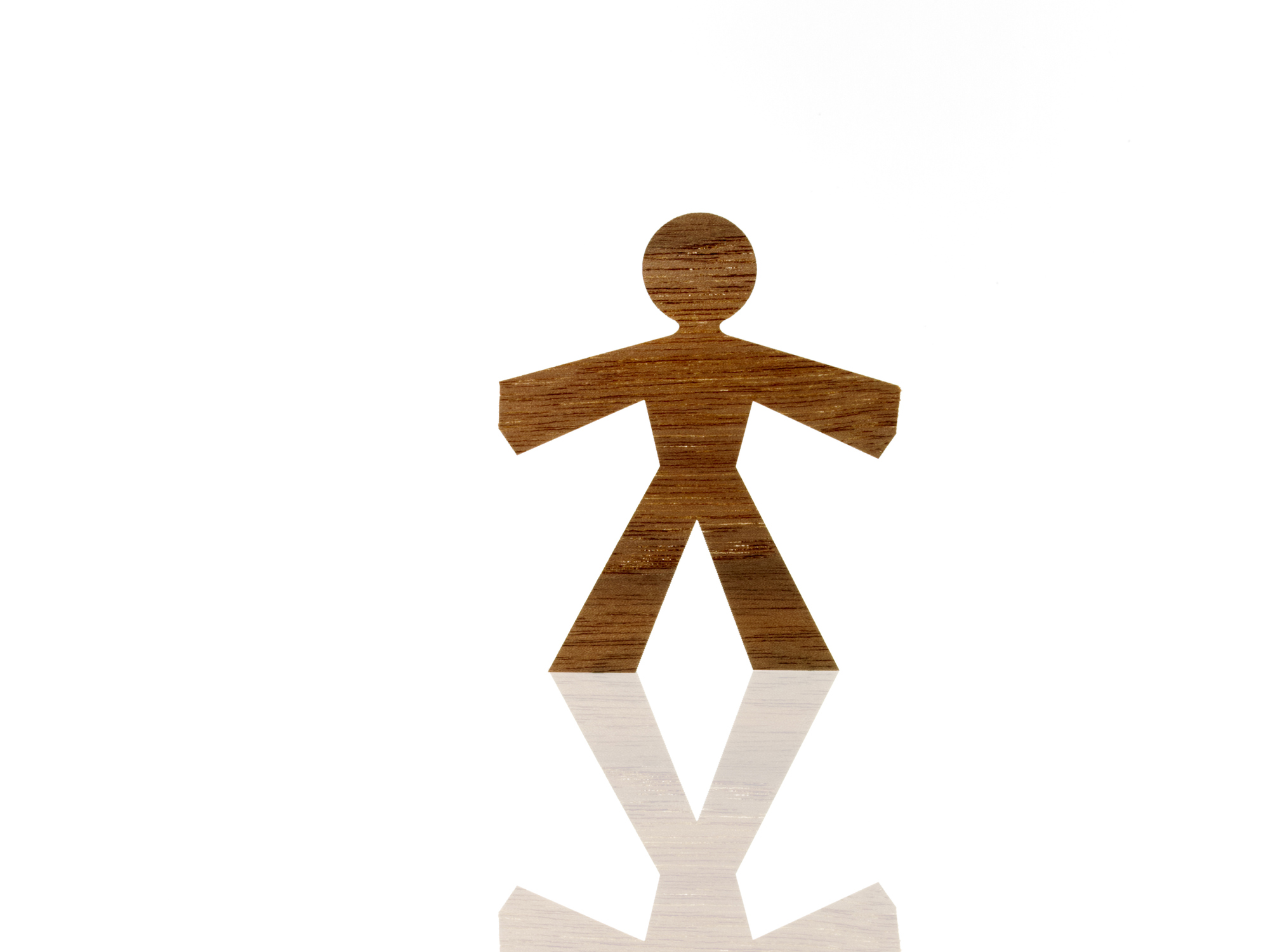Having body image issues is still viewed as a problem occurring mainly among girls and young women. Most are aware of the risks of eating disorders associated with the ideal skinny body image among girls, and we know how unfortunate it can be for girls to grow up with these unattainable skinny role models. The problem is that males are asked the same questions about body image as girls. Boys aren’t looking to be thin. They want to have a lean body with muscles. So the questions given to girls are wrong if we want to find out how young males see themselves and their own bodies.
In the recent years, studies and recent media portrayals of males unfolding their troubled experiences with their body image, point towards the fact that males also experience noteworthy body image concerns. Moreover, studies also show an increasing prevalence of males being diagnosed with eating disorders and muscle dysmorphia. In contrast to the female thin body image ideal, males are more likely to desire a body shape that emphasizes lean muscularity. The desire for this particular body shape is referred to as “Drive for Muscularity,” and is a fixation with getting large muscles. Other body image concerns among males have also been reported, such as the desire to have a thin and slender body. There are strong reasons to think that these muscularity concerns and subclinical levels of concerns involve health risk behaviors such as depression, muscle dysmorphia, disordered eating, and excessive use of supplements such as creatine and amino acids.
The increasing prevalence of body image concerns among males may not be a coincidence. While most men have normal bodies far from shredded superheroes such as Superman and Batman, the ideal body image in the Western world is growing more muscular and lean. The current “superheroes” shown in media are more toned and shredded than they used to be. These unattainable oversized muscular body image ideals may lead males to become dissatisfied with their bodies and develop muscularity concerns, which could potentially have consequences for their health.
Our new study from Harvard University and the Norwegian University of Science and Technology aims to investigate the psychosocial and health outcomes of muscularity concerns in 2,460 young adult males (18-31 years old) who had answered questions related to drive for muscularity. The results showed that males struggle with body image and related behaviors in various ways. For example, 32.4% reported that they had been dieting in the past year, and 11.2% reported high concern with their weight and shape. The study also showed that many young adult males struggle with symptoms of depression with elevated depressive symptoms reported by almost a quarter of the sample. This is concerning as depression is associated with severe impairment and elevated risks of suicidal behaviors. Of concern is also the high percentage of participants (22.02%) that reported use of products to build muscle. Of these, 10.7% reported that they used muscle-building substances such as creatine, amino acids, hydroxy methyl butyrate, DHEA, or growth hormones.
The findings indicate that muscularity concerns were associated with several health risks. For instance, muscularity concerns were associated with risk for depressive distress, binge drinking, dieting and use of muscle-building products. This is concerning, as depression is associated with elevated risks of suicidal behaviors. Males with muscle dysmorphia are known to endorse greater suicidality than males with other forms of body dysmorphic disorder, further underscoring the importance of asking males about muscularity concerns. The findings revealed that gay and bisexual men have elevated drive for muscularity compared to straight men. Nevertheless, other factors, such as level of education or BMI, played no role when studying the associations between muscularity concerns and health risks. Overall, the study showed poorer well-being in males with elevated muscularity oriented concerns and behaviors compared to males without elevated muscularity concerns.
Follow us on Facebook for all the latest news on how you can keep Thriving.
More from Thrive Global:
8 Things You Should Do After 8 P.M. If You Want to Be Happy and Successful
The One Relationship You’re Probably Ignoring
The One Word That Can Hurt Your Reputation at Work


